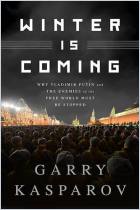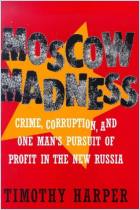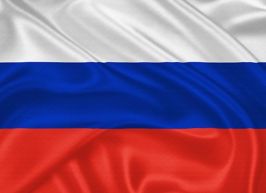Hedge fund manager Bill Browder lived in Moscow for years and made huge returns, lost it all in the ruble crisis in 1998 and made much of it back again investing in the Gazprom oil company. When he revealed the way Russian fat cats looted Gazprom, oligarchs and crooked bureaucrats who didn’t take kindly to criticism from a foreigner forced him out of the country. Authorities imprisoned Browder’s Russian attorney, and police beat the lawyer to death. This fascinating tale is one-sided, but readers who’ve followed Russia’s brutal kleptocracy will find Browder credible. getAbstract recommends his saga – nonfiction that reads like a thriller – to multinational managers and investors seeking insight into an important but troubled part of the world.
Opportunity and Corruption
Stanford MBA Bill Browder became an investment banker with Salomon Brothers in London just before the Berlin Wall fell. His grandfather, Earl Browder, had run for US president twice on the American Communist Party ticket, so his family expected him to be a progressive. He rebelled and became a profit-seeking capitalist. At Salomon, he won a consulting job with an Arctic fishing company, the Murmansk Trawler Fleet. The Russian government was selling a 51% stake in the company – which owned ships worth $2 billion – for $2.5 million. Russia was selling assets for privatization for just pennies on the dollar – with no restrictions on who could buy stakes in formerly state-owned companies. Browder wondered, “Is the same thing happening all over Russia…how can I get involved?”
Realizing that, “They were giving money away for free in Russia,” he persuaded Salomon Brothers to invest $25 million in the country. Russia had no stock market. Buying a stake in a firm meant trading stacks of $100 bills for paper vouchers. With so much money at stake, Russia lived up to its reputation for chicanery. Insiders launched various ploys to grab cheap assets. ...
Bill Browder, founder and CEO of Hermitage Capital Management, was the largest foreign investor in Russia until 2005.













Comment on this summary or Start Discussion